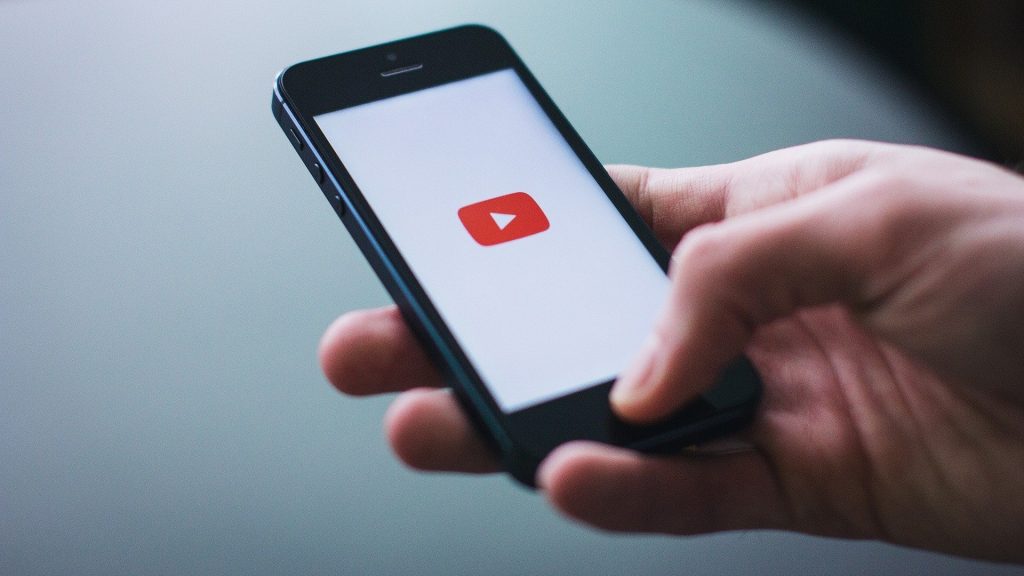While the threat of a virus has been the main concern over the last going-on three years now, misinformation and disinformation are perhaps right behind the virus in what we should be concerned about.
Over the last three years we have seen numerous conspiracy theories reaching the public realm backed by grifters who are quite frankly trying to make a buck off of a person’s click to their blog or YouTube video.
Social media has given misinformation and conspiracy theories a place to spread and while many platforms have taken the fight seriously, one organisation in particular hasn’t.
That organisation is YouTube which has been known to drag its feet as regards misinformation on its platform. And it appears as if fact checkers have had enough.
This week 80 International Fact-Checking Network members from 60 countries signed an open letter to YouTube chief executive officer, Susan Wojcicki. The letter urges the CEO to take action in combatting the spreading of misinformation on the video sharing website.
The letter can be read in full here.
“Our letter cites a wide number of examples of how toxic YouTube content has gone viral in different countries, resulting in real harm in real life. YouTube does implement counter-measures, but has not released enough raw data for fact-checkers or other research watchdogs to understand whether the measures are effective or how they can be improved. Our letter therefore urges YouTube to adopt a more open policy with fact-checkers, based on models that have been proven to work on other social media platforms where fact-checkers and researchers work with the platform to combat toxic content,” explains PesaCheck and its parent organisation, Code for Africa, which have signed the letter.
One of the issues PesaCheck highlights is the YouTube algorithm. As you may be well aware, once YouTube knows what gets you watching, it keeps serving you similar content to keep you there. The fact checkers state that YouTube should make sure its algorithm isn’t actively promoting disinformation.
Something we found interesting in the full letter addressed to Wojcicki is that the fact checkers aren’t asking YouTube to remove misinformation from the platform. Why? Well the signatories appear to believe that removing content is more harmful than refuting it.
“Your company platform has so far framed discussions about disinformation as a false dichotomy of deleting or not deleting content. By doing this, YouTube is avoiding the possibility of doing what has been proven to work: our experience as fact-checkers together with academic evidence tells us that surfacing fact-checked information is more effective than deleting content. It also preserves freedom of expression while acknowledging the need for additional information to mitigate the risks of harm to life, health, safety and democratic processes,” reads the letter.
YouTube does this to some extent but, if we’re honest, it’s a pathetic attempt. This attempt is a box below a video which contains any mention of COVID-19 that directs to local websites. Here in South Africa for instance, clicking “Learn More” directs you to the sacoronavirus.co.za website. That’s not exactly refuting information and is the bare minimum for directing people to reliable information. Somebody who is listening to a podcast claiming the pandemic is fake for example, isn’t going to be swayed by a government website and so YouTube needs to do more.
To add to this, grifters who spread misinformation wear having a video or content deleted as a badge of honour and as some sort of sign that they are getting close to the truth. In reality the conspiracy or misinformation they are peddling is just harmful but these folks have shown they don’t really care about facts.
Proposed solutions
The organisations have outlined four proposed solutions to the problem they have identified.
The first is that YouTube needs to be more transparent about disinformation on the platform. This includes supporting independent research and publishing the YouTube moderation policy regarding disinformation and misinformation.
The second solution suggested is to provide context and debunking superimposed on videos as additional content. Will this require work on YouTube’s end? Absolutely but tools that help fight potentially harmful misinformation are likely more valuable than a heatmap.
Third, demonetisation needs to be more aggressive against repeat offenders. Many folks spreading misinformation and disinformation are doing so because it earns them a lot of money. Taking away the monetary incentive may help to curb the problem somewhat.
Finally, YouTube needs to extend its fight against information beyond the English language.
Looking at the possible solutions the first is good and that information really should be what YouTube is sharing with researchers. YouTube already demonetises content but, the suggestion that repeat offenders be treated more harshly is something we agree with. We also agree with the idea that the fight against misinformation needs to be multi-cultural and multi-lingual.
The one thing that has us scratching our heads however is the point about providing context and debunking videos superimposed on misinformation. While we agree that deleting videos isn’t the best solution, the proposed solution requires a lot of work and YouTube has shown that it isn’t keen on touching the internals of its systems because they work.
Again, can these suggestions and fact checkers implore YouTube to act? We’re not sure they can but we are hopeful that this letter will create enough noise that those who can force the platform to act will do so. In short we mean lawmakers. Unfortunately, until governments join the chorus, social media platforms have shown a failure to act or have dragged their feet in response to public outcry.
This letter then could be a catalyst that prompts action from other parties.
YouTube has yet to respond to this open letter but should it issue a response we will be sure to let you know what the firm says.

